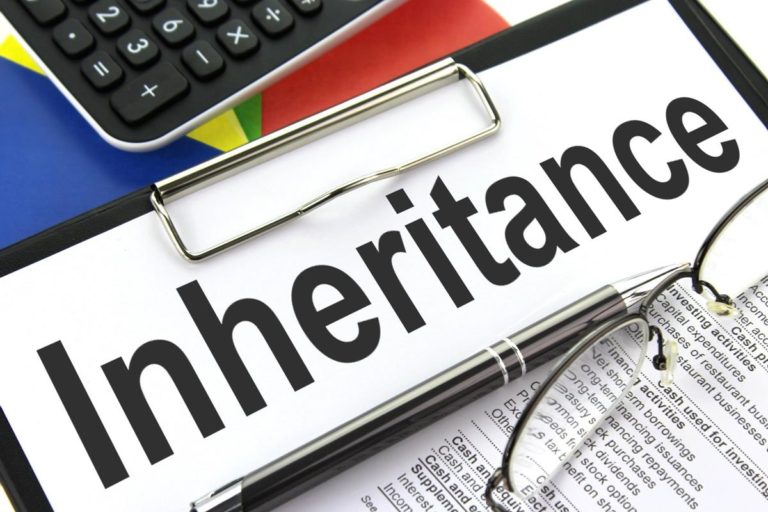Coping with the death of a loved one is an exceedingly difficult process and can effect a person’s work life. The increased stress and unhappiness can easily influence your performance at your place of employment. When dealing with grief you may find it necessary to apply for bereavement leave. Bereavement leave will provide you with the time you need to get your emotions and affairs in order.
Recently suffered a loss? Read about The 5 Stages of Bereavement
Why take bereavement leave?
We all know someone who works through a crisis. Be it because of a demanding boss or simply because the distraction makes it easier for them to navigate the five stages of grief. This is atypical however and studies suggest that work productivity is effected by a person’s feelings of well-being. People who are happy in their lives are as much as 12% more productive at work and likewise those who have recently suffered a major upset (a death, or divorce) are considerably less effective (Oswald, Proto, & Sgroi, 2015). With this in mind, if you have recently suffered a loss it may be in you and your employers’ best interest to take bereavement leave.
When is it appropriate to take bereavement leave?
According to the employment rights act of 1996 individuals are guaranteed additional time off in the event of the loss of a loved one. This time period also applies to family emergencies and provides the time necessary to arrange a funeral. This act defines loved ones as being a spouse, partner, child, parent, or someone the employee provided care for. Although, loosely defined, it should be apparent to you and your employer when leave is needed.
How much time do I get off and will I be compensated?
While allocated time off is not set, the Gov.uk website suggests a minimum of one or two days off. After a period of two days employer discretion comes into play. Typically employers will offer 3-5 days, but often discourage more as it is believed to much time away from work can stifle your recovery and increase feelings of isolation. Unfortunately you are not entitled to compensation during bereavement leave. Although here is no statutory right for payment, some employers will allow you to take sick or holiday leave during this period.
How do I apply for bereavement leave?
Employers typically have a stipulation for bereavement leave in their contracts. When approaching your boss for bereavement leave, it’s best to have reviewed your contract first. Typically, employers will exhibit compassion and understanding. They have nothing to gain from disgruntled employees, and would not want to look uncaring in front of the other staff. If the employer demonstrates resistance, it may be necessary to approach your company’s human resource department. If all else fails, and you find yourself without bereavement leave, you can escalate the matter by approaching the Citizen Advice Bureau or ACAS.
Unfortunately if an employer decides to deny leave due to bereavement, there is very little an employee can do to remedy the situation.
Further Reading: Coping With Grief: Taking Care of Yourself in Difficult Times





